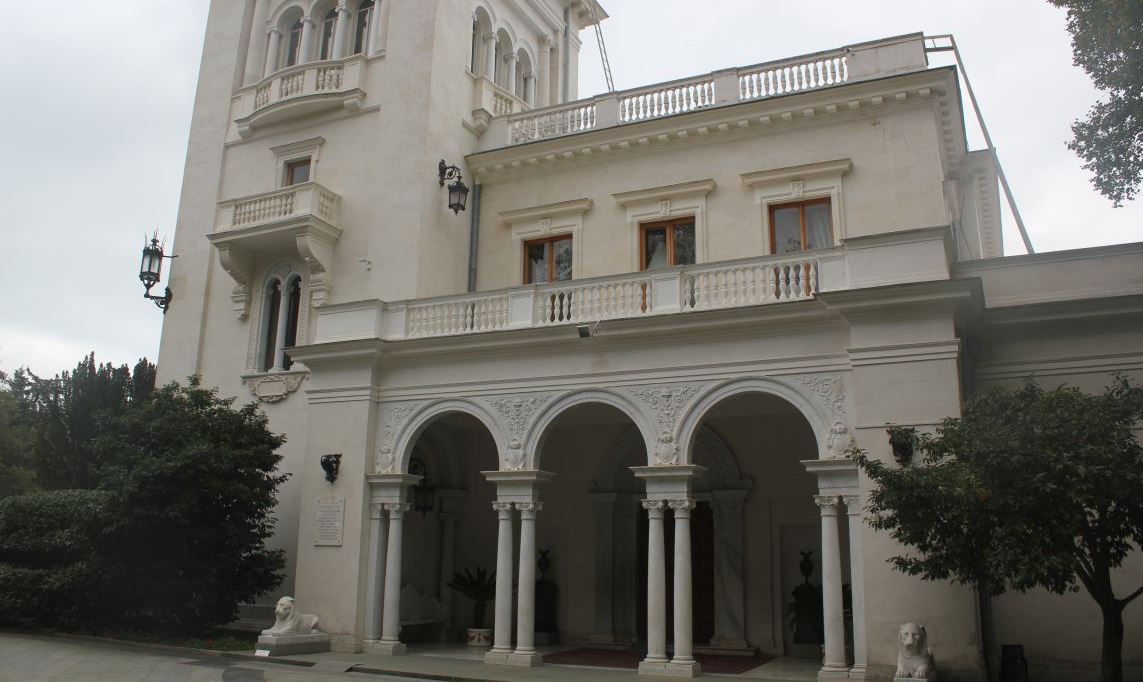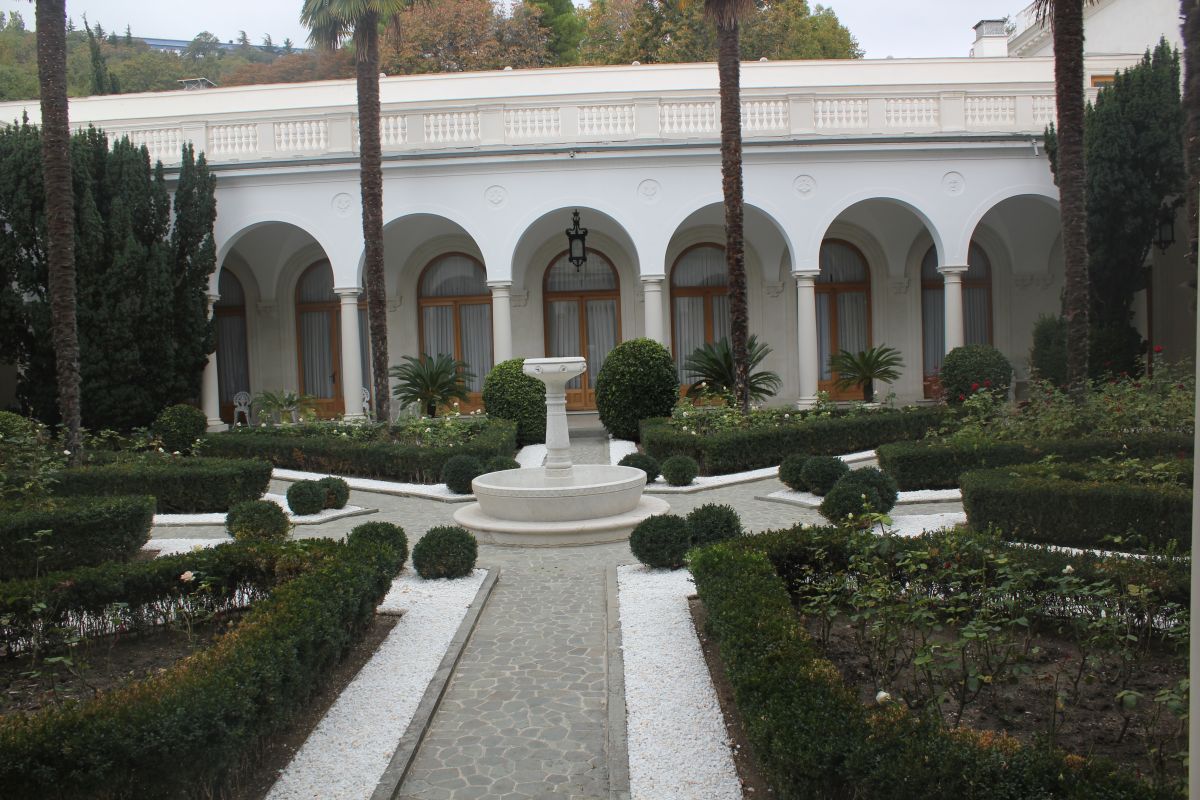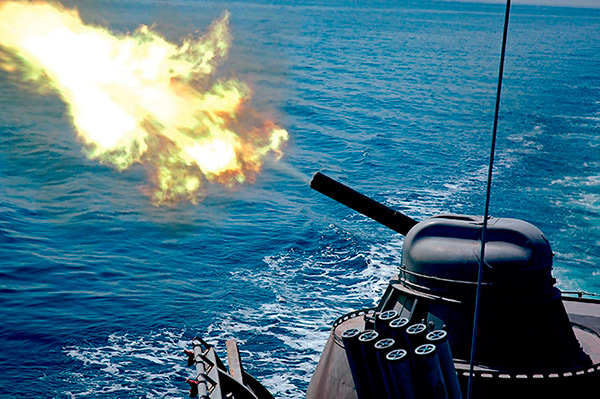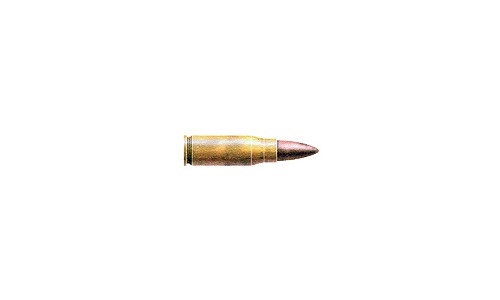
In Yalta, the period for the USSR to enter the war against Japan after the victory over Germany was halved
In the development of the story about, that the consent of President Roosevelt to transfer to the USSR following the war with Japan all the Kuril Islands, was allegedly inspired by an “agent of Stalin” who worked in the US State Department, I would like to introduce readers to a little-known episode, related to this issue.
Heading to Yalta, Stalin didn't know, how will Roosevelt react to the conditions put forward by the Soviet side for the USSR to enter the war with Japan, in particular, on the issue of returning South Sakhalin and the Kuril Islands to our state. from Togo, what position will the allies take on the Far Eastern problems, largely depended on the political climate at the meetings of the conference. Roosevelt understood this. He considered it expedient, even before the discussion of the Far Eastern problems, to inform Stalin in writing about his agreement with the political conditions and wishes of the USSR.. As the then Soviet Ambassador to the United States Andrei Gromyko said, on the morning of the day after the opening of the conference, Stalin received a "very urgent package from the president". Here is how Gromyko describes this episode:
“... When I entered his office, Stalin was there. after saying hello, I asked:
– How do you feel after a rather tense start to the conference?
Stalin replied:
- Quite normal.
But I noticed, that he is occupied with completely different concerns, not a topic about personal well-being. Stalin handed me some paper and said:
Here is a letter from Roosevelt. I just received it.
And then, a little hesitant, He added:
-I would like to, so that you translate this letter to me orally. I want to know its content at least by ear before the meeting.
I made a translation. Stalin, as I spoke, asked to repeat the content of a particular phrase. The letter was dedicated to the Kuril Islands and Sakhalin. Roosevelt announced the recognition by the US government of the rights of the Soviet Union to the half of Sakhalin Island and the Kuril Islands that was under Japanese occupation..
Stalin was very pleased with this letter.. He walked around the office and repeated aloud:
- Okay, very well!
I noticed:
– By the position now taken by the United States, as it were, they are rehabilitating themselves in our eyes for, that they sympathized with Japan in 1905 year. Then in Portsmouth, after the Russo-Japanese War, peace talks were held between the Japanese delegation and the Russian delegation, which was headed by the head of government, Count Witte. At that time, the United States was essentially helping Japan to tear its territories away from Russia.. Everything was visible, that Stalin fully shares the opinion about the US attempt to “rehabilitate itself”.
He was silent for a few seconds., considering the content of the letter. Then he began to express his thoughts aloud. He stated:
- It's good, that Roosevelt came to this conclusion.
Stalin ended this topic of conversation with the words:
America is in a good position. This is also important in terms of future relations with the United States..
... I will not hide, leaving the office, I thought, that the mood of Stalin, his satisfaction with the position of the US government, set out in Roosevelt's letter, of course, will have a great influence on the Crimean meeting of three…
Stalin with some, I would say, with special satisfaction held in his hand a letter from Roosevelt, after reading the content. Several times he walked with him around the room., serving as cabinet, as if he did not want to let go of that, what did you get. He continued to hold the letter in his hand and at that moment, when I left him...
can say, that the position of the US President and his administration on the issue of Sakhalin and the Kuril Islands, and also on the issue of the second front, to a large extent explained Stalin's attitude towards Roosevelt and as a person ".
The evidence cited by Gromyko refutes the version existing in historiography that, that allegedly in Yalta “the Americans tried to get the consent of the USSR to turn South Sakhalin into a trust territory, to establish international control over part of the Kuril Islands ... but as a result of a sharp struggle, the Soviet point of view won". As I already noted, the idea of "internationalization" of these territories from the very beginning was rejected by Roosevelt. The documents of the Yalta Conference show that, that there was no "acute struggle" over South Sakhalin and the Kuril Islands between Stalin and Roosevelt. Churchill did not take an active part in determining the future of these islands at all., only by signing a document on their transfer to the Soviet Union.
The key to understanding, why Roosevelt immediately agreed to Stalin's proposal to return South Sakhalin and the Kuril Islands to the USSR, lies in Roosevelt's concern for the future of Soviet-American relations, in an effort to transfer the spirit of cooperation with the Soviet Union during the war years and to the post-war period, counting, that it is the USA and the USSR that should become the guarantors of a lasting peace in the future.
In this regard, the version that, what, agreeing to the transfer to the Soviet Union of all the Kuril Islands, Roosevelt allegedly had a secret intention to thereby create difficulties in Soviet-Japanese relations in the future.. Such plans did not exist with Roosevelt, and the traditionally anti-Soviet officials of the US State Department, who subsequently sought to carry out these designs through Harry Truman. Attributing to Roosevelt the insidious plan to "push the USSR against Japan", for many years to prevent the normalization of relations between these two neighboring states due to its groundlessness and unprovability is akin to the false version that spread in the 1990s about "Stalin's plan to push the US against Japan in the Pacific War".
Although the question of the participation of the USSR in the war with Japan was in last place on the list of problems and before 8 February 1945 g. practically untouched during the daily meetings, Western allies considered it a priority. Roosevelt, looks like, deliberately postponed its discussion until the end of the conference, seeking first to agree with Stalin on other issues, and only then, on the basis of the agreements reached in an atmosphere of agreement, raise the question of Japan. At the same time, immediately after the start of the conference, he made it clear to Stalin, that he expects during the conference to finally resolve the issue of the USSR entering the war with Japan.
Roosevelt's tactics at the conference fully justified. Seeing the constructive position of the American President on almost all issues on the agenda, Stalin was ready to reciprocate. Moreover, the decision on the entry of the USSR into the war had already been made. In fact, it only remained to determine the specific dates for the Soviet Union to declare war on Japan.
The US Joint Chiefs of Staff urged Roosevelt to ensure that the USSR enters the war as soon as possible.. On the eve of the President's departure for Yalta, senior officials of the American armed forces presented him with a document, which it said: “... we wish Russia's entry as soon as possible to the extent of its ability to conduct offensive operations and are ready to provide the greatest possible support, without prejudice to our main operations against Japan…”
Agreeing with that, that the entry of the USSR into the war against Japan can take place only after the final defeat of Germany, the heads of the governments of the United States and Great Britain did not hide from Stalin their interest in, to make it happen as soon as possible. According to official American documents, what “The main task of the American government was to, in order to achieve the speedy entry of the USSR into the war with Japan in order to, to prevent the redeployment of the Kwantung Army (army groups. – A.K.) to the mother country at the time of the invasion".
Stalin was sympathetic to these fears.. If in Tehran he agreed in principle to enter the war against Japan "Six months after the end of the war in Europe", then in Yalta, despite the great difficulties in the transfer of Soviet troops to the East, this period was cut in half. Stalin promised to start a war with Japan "two or three months after the surrender of Germany". This decision was received with great satisfaction by the Allies..

Almost all major questions, related to the entry of the USSR into the war were agreed upon during a meeting between Stalin and Roosevelt 8 February 1945 g. in the Livadia Palace. The conversation was very frank and largely predetermined future events.. Roosevelt's statement that, that he does not want to land troops in Japan and will take such a step only in case of emergency. This made it clear, that conducting large-scale ground operations against Japanese troops, primarily in Manchuria, will be entrusted to the Armed Forces of the USSR. The president openly explained his unwillingness to fight the Japanese by the desire to do without heavy losses.. Hearing Stalin's firm promise to enter the war, Roosevelt, as planned, fully agreed with the conditions declared by the Soviet side for the return of South Sakhalin and the Kuril Islands to the USSR and even promised to help in their implementation.
The title photo: Livadia Palace, Venue of the Yalta Conference
Anatoly Koshkin











